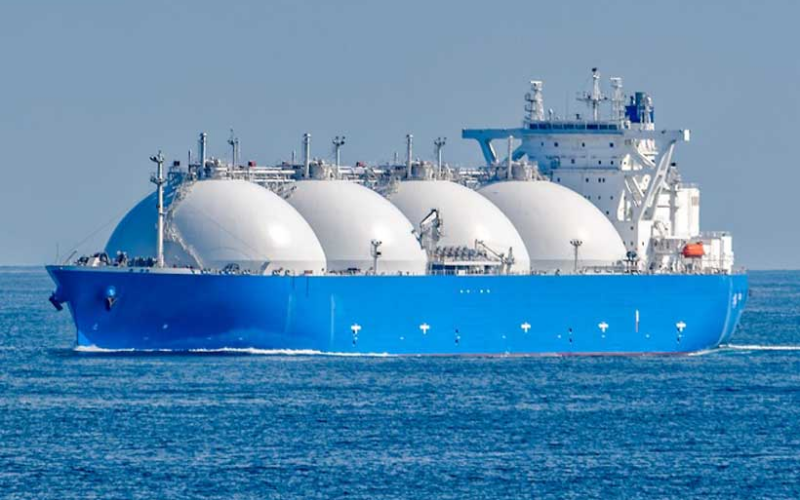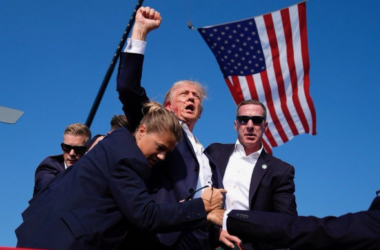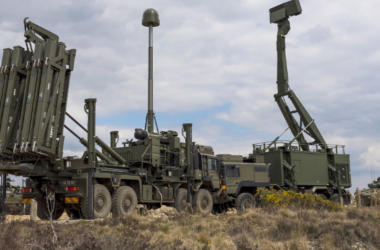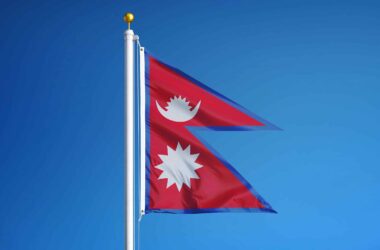The European Union has introduced a new set of sanctions targeting Russian liquefied natural gas (LNG) shipments, marking the first time economic measures have specifically targeted this aspect of Russia’s energy exports.
The Belgian government announced on Thursday that the EU has agreed to implement these sanctions in an effort to curtail Moscow’s revenue from LNG sales. This decision is part of a broader sanctions package against Russian individuals and companies amid ongoing geopolitical tensions.
A notable feature of the new sanctions is the focus on LNG transshipments through EU ports. These transshipments involve Russian LNG passing through European ports en route to other countries. A senior EU diplomat, who spoke anonymously because the sanctions require formal approval, indicated that these measures are designed to cut off a significant revenue stream for Russia by limiting its ability to sell LNG via European channels.
Prior to the beginning of the Ukraine conflict in 2022, the majority of EU gas imports from Russia arrived via pipeline. While most EU nations halted pipeline gas imports from Russia, they continued to purchase LNG shipped from Russia. According to a Reuters analysis in April, LNG replaced over a tenth of the pipeline gas supply to the EU last year.
The sanctions package, which is pending formal approval, seeks to close existing loopholes in the EU’s sanctions regime. The Belgian government, which currently holds the rotating presidency of the Council of Europe, emphasized the package’s intent to enhance the impact of existing measures.
“This package provides new targeted measures and maximizes the impact of existing sanctions by closing loopholes,” the Belgian government stated on the social media platform X.
The EU’s decision comes after protracted negotiations among member states, reflecting a balancing act between unified action and national interests. EU ambassadors reached the agreement following weeks of discussions.
In addition to the new LNG measures, the sanctions package includes the addition of 100 Russian individuals and entities to the EU’s sanctions list, bringing the total number to 2,200. This expansion aims to increase pressure on those associated with the Russian government and its policies.
Before the conflict, Russia supplied approximately 40% of the EU’s gas, primarily through pipelines. The shift to LNG imports was supposed to diversify its energy sources while reducing reliance on Russian gas. However, the continued purchase of Russian LNG has drawn criticism and calls for stricter measures.
The formalization of these sanctions will mark a significant step in the EU’s efforts to reduce financial flows to Russia and further align its energy policies with broader geopolitical goals. The measures are expected to come into effect once approved by the relevant EU authorities.
As the EU moves to finalize and implement these sanctions, the bloc tries to navigate complex economic and diplomatic landscapes, balancing its energy needs with their stance on the ongoing conflict in Ukraine.








